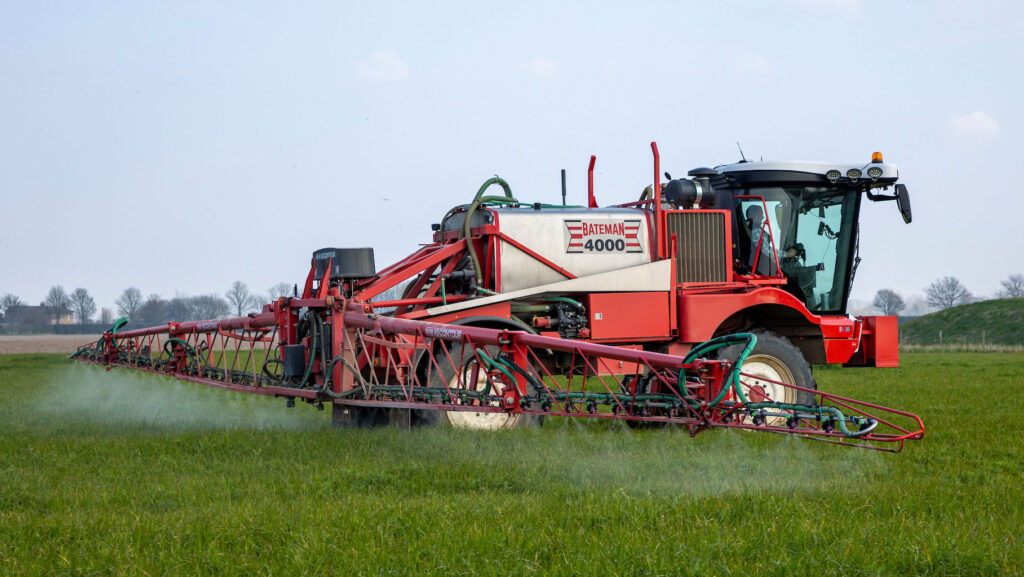Rothamsted reveals the pros and cons of a glyphosate ban
 © GNP
© GNP Farmers could face reduced crop yields as well as an increase in weeds if the use of glyphosate is withdrawn, according to modelling carried out by Rothamsted Research.
The modelling looked at how effective alternatives to glyphosate were at controlling weeds as part of an arable system.
Use of grass leys, increased spring cropping, delayed drilling and ploughing were all considered in the study as different alternative methods.
See also: Glyphosate relicensed for 10 years after EU vote stalemate
Dr Helen Metcalfe, who led the study at Rothamsted, said: “Our findings emphasise the need for careful consideration of trade-offs if a ban were to be enacted.
“Glyphosate, the most widely used herbicide, is linked with environmental harm and possible human health issues, but its use is central to no-till farming approaches.
“Public pressure is now building for it to be replaced in agricultural systems. We wanted to find out what the implications of a ban might be.”
The study found that, of the different practices tested as an alternative to using glyphosate, ploughing was the most effective at controlling weeds while still maintaining a good level of production.
It observed that increased use of spring cropping and grass leys both led to a decrease in production compared with higher-yielding crops.
However, there are often other additional benefits such as improved soil structure from grazing livestock on grass leys.
Meanwhile, delayed drilling was found to have a mixed effect on the prevalence of weeds and on overall production.
“Integrated weed management [IWM] with more use of cultural control methods offers the potential to reduce chemical use, but is sensitive to seasonal variability and can also have some negative environmental and economic impacts,” said Dr Metcalfe.
“The uncertainty associated with the non-chemical approaches we tested supports the view that adoption of IWM requires multiple options adapted to the local environment.
“This will, however, require careful consideration and a strong founding in the principles of weed ecology and biology.”

